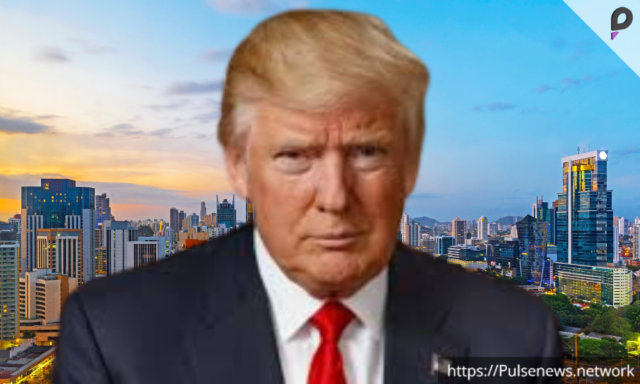During his inaugural address, President Donald Trump made bold claims about the operations of the Panama Canal, accusing Panama of violating treaty agreements that ensure the canal’s neutrality. His remarks highlighted concerns about unfair treatment of American ships and foreign influence over the canal’s management.
Allegations of Overcharging and Unfair Treatment
Trump alleged that American ships, including those of the U.S. Navy, are being “severely overcharged” for using the Panama Canal. “American ships are not being treated fairly in any way, shape, or form,” he stated. His comments suggest dissatisfaction with how the canal operates under Panamanian control, a sentiment that could escalate into diplomatic tensions.
China’s Role Sparks Concerns
A significant part of Trump’s statement centered on China’s alleged influence over the Panama Canal. “China is operating the Panama Canal, and we didn’t give it to China. We gave it to Panama,” Trump claimed. His remarks imply skepticism about the canal’s administration and a potential threat to U.S. strategic interests.
Historical Context of the Panama Canal
The Panama Canal was U.S.-controlled until 1999, then handed to Panama under the Torrijos-Carter Treaties. These agreements required Panama to maintain the canal’s neutrality and ensure equal access for all nations. Trump’s accusations suggest he believes these treaty obligations are not being upheld.
Potential Implications of Trump’s Claims
- Diplomatic Strain: Trump’s remarks could strain U.S.-Panama relations, especially if followed by formal demands or actions.
- Economic Impact: Concerns about overcharging American ships might lead to calls for renegotiation of canal fees or operations.
- Geopolitical Tensions: The mention of China’s involvement raises questions about foreign influence in a strategically vital trade route.
A Call for Accountability
Trump’s assertion that the U.S. might “take back” the Panama Canal underscores his administration’s focus on protecting American interests. Whether these claims lead to tangible policy changes or remain rhetorical remains to be seen.
Conclusion
As Trump sets the tone for his second term, his strong stance on the Panama Canal signals a renewed emphasis on safeguarding U.S. economic and strategic interests. The allegations could pave the way for discussions on the future of canal operations and international treaties.











